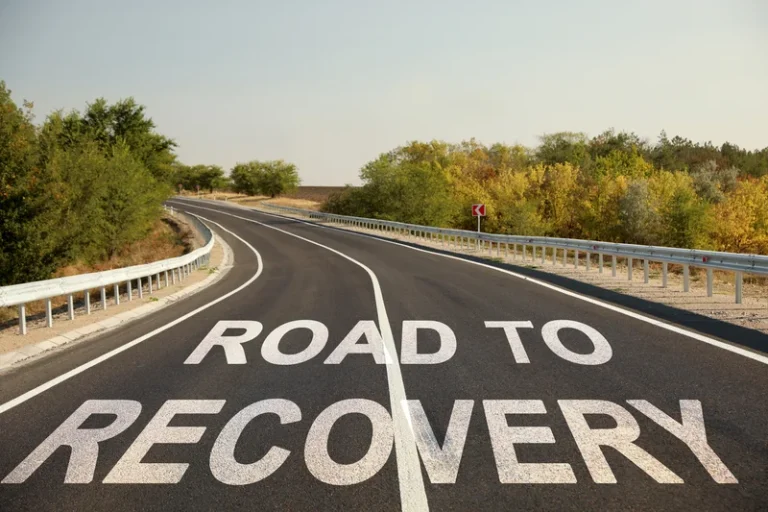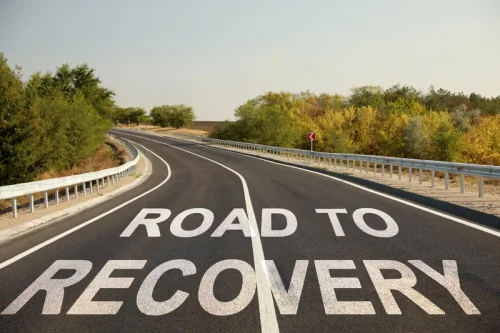
This can include activities such as taking a bath, reading a book, practicing a hobby, or spending time in nature. Self-care helps individuals relax, recharge, and prioritize their well-being. There are various mindfulness techniques that can be incorporated into daily life. These include mindful breathing exercises, body scans, and mindful eating.
What Drug is an Opioid Antidote
- We do not receive any fee or commission dependent upon which treatment or provider a caller chooses.
- Since you will be meeting with your therapist throughout the span of many months, it is crucial you feel comfortable with and trust your mental health provider from the very start.
- Discover effective treatments, support resources, and prevention strategies.
- Deep breathing exercises involve taking slow, deep breaths in through the nose and exhaling slowly through the mouth.
Tracking progress and celebrating successes reinforces motivation while adapting the plan ensures it meets alcohol relapse statistics current needs. By combining these strategies, individuals can create a robust structure for navigating the complexities of recovery, ensuring they remain on track despite challenges. Recovery from drug and alcohol addiction can be a long and challenging process.
Learn to Manage Stress Effectively

In the journey of recovery from alcohol addiction, adopting a multifaceted approach to prevent relapse is key. Strategies for alcohol relapse prevention involve a combination of personal commitment, understanding triggers, developing coping mechanisms, and seeking continuous support. Regular engagement in therapy, participation in support groups, and consistent communication with healthcare professionals are vital components of a robust support system. Additionally, lifestyle changes such as maintaining a healthy diet, engaging in regular exercise, and employing stress management techniques play a significant role in reinforcing sobriety. https://ecosoberhouse.com/ Addressing the psychological aspects of addiction is also crucial, as it helps in managing cravings and underlying issues, contributing to a holistic approach to recovery. Thus, the path to preventing alcohol relapse requires dedication, a supportive environment, and a comprehensive strategy to successfully navigate its challenges.
Proven Strategies to Prevent Relapse
- Celebrating successes, no matter how small, is an important part of the recovery journey.
- Whether it’s reaching a milestone in therapy or simply maintaining sobriety for a set period, acknowledging your progress helps strengthen your resolve to stay sober.
- To navigate high-risk situations, it’s important to establish boundaries and communicate them to others.
- This personalized guide helps you recognize potential triggers, build coping strategies, and create a strong support network.
- When they lack confidence in their success, preventing relapse becomes an uphill battle.
Common triggers include stress, emotional distress, exposure to past substance use environments, and lack of a support system. Navigate alcohol withdrawal symptoms effectively with our comprehensive guide on management and care. Identify early signs of alcoholism in a loved one and learn strategies for intervention and support. Explore if you can get around alcohol withdrawal symptoms with effective strategies and compassionate care. Incorporating feedback from trusted friends, family, or support group members is essential. Their perspectives can help identify areas needing improvement and new strategies to incorporate into your plan.


The results often inform contingency management programs (discussed above) of drug tests. Also, the use of some medications (i.e., buprenorphine and methadone) require periodic drug screens to ensure the individual is not diverting the medication or using other substances of abuse. Lastly, even in the absence of explicit consequences for alcohol or drug use, knowing they may be subject to testing provides a measure of deterrence against relapses for some individuals. Understanding relapse prevention techniques and knowing how to help yourself is critical for a successful, long-term recovery. Creating a relapse prevention plan for alcoholism can help you maintain sobriety and avoid relapse.

Ways to Avoid Alcohol Abuse Relapse and Stay Sober
By doing a regular inventory of HALT, one can help prevent the risk of relapse. During the recovery process, you are likely to encounter many triggers that may cause you to think about drinking again. Being aware of your triggers and having strategies and skills in place can help you manage these situations and avoid relapse.
CBD reduces alcohol cravings in people suffering from alcoholism, clinical trial finds
Meditation helps reduce stress, increases mindfulness when faced with triggers, and promotes self-awareness. It also boosts focus and concentration, enabling you to stay sober longer. Next, take immediate actions like leaving triggering situations, reaching out to someone on your contact list, and using pre-planned coping strategies like mindfulness or physical activity.
Signs of emotional relapse include isolation, not attending meetings (or not sharing in meetings), focusing on other people’s problems, and poor sleeping or eating habits. During this stage, recovering alcoholics must confront the damage their addiction caused to relationships, their what is Oxford House careers, their finances, and how they feel about themselves. Going through withdrawal can lead to a relapse because the person feels miserable without alcohol. By being aware of this potential change, however, you can reframe it as a positive, Dr. Wakeman says. Now, post–Dry January, you might get the same effect from, say, one or two drinks in a sitting, which would be a win for both your health and your wallet.
